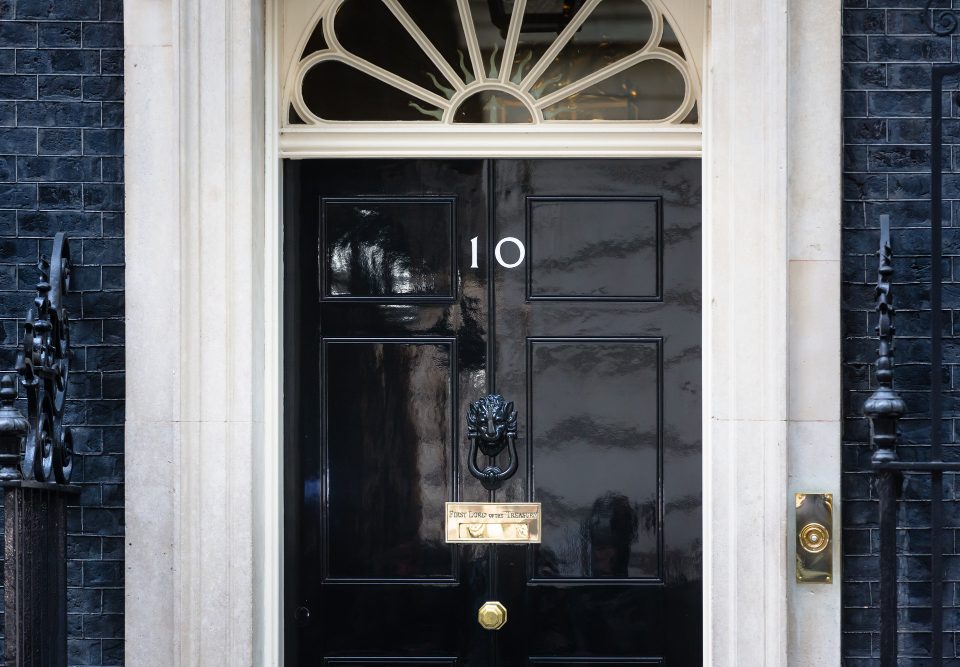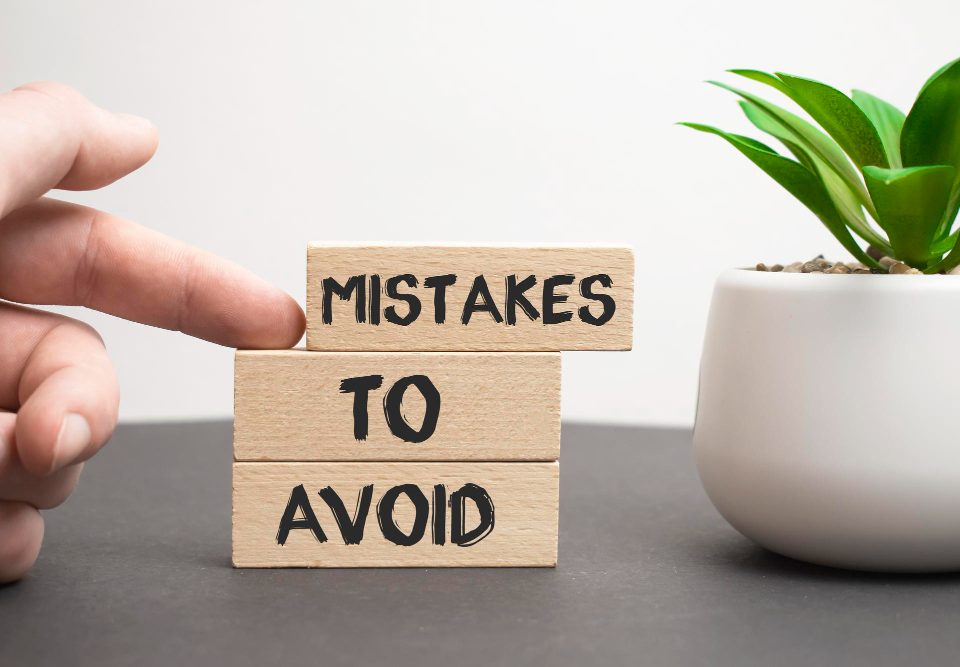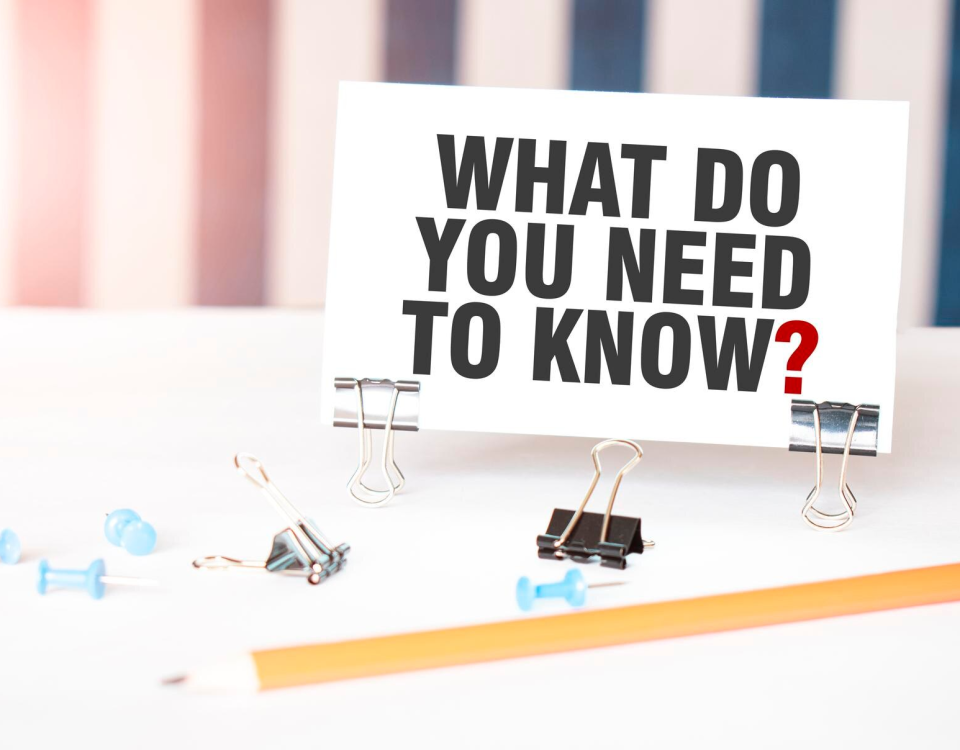Selling your unwanted clothes and items on Vinted is a fantastic way to make some extra money while recycling your goods! But with new HMRC rules coming into force in 2025, many UK-based sellers are asking themselves: “Do I need to pay tax on my Vinted sales?”
This guide breaks down everything you need to know about tax rules for Vinted sellers, including how to stay compliant and maximise your earnings.
Tax Rules for Selling on Vinted
1. Casual Selling: No Tax for Personal Sales
If you’re occasionally selling your own second-hand clothes or personal belongings with no intention of making a profit, you’re considered a casual seller? What does that mean? Essentially, there’s no tax to pay.
There’s been some scaremongering online recently, so we’re here to reassure you that HMRC doesn’t require you to report casual selling activity such as:
- Clearing out your wardrobe and selling old clothes
- Selling items your kids have outgrown
- Getting rid of furniture or electronics you no longer need
Bottom line: As long as you’re not buying things to resell or make large profits out of, you don’t need to worry about tax. The chances are your profit won’t be large enough to warrant HMRC stepping in.
2. Business Selling: Tax May Be Due
If you sell on Vinted frequently or with the intention of making a profit, this is a different story and HMRC may class your activity as that of a trading business.
Signs that HMRC might consider you a trader:
- Regularly buying items to resell
- Making a profit from sales (buying low, selling high)
- Selling similar items in large quantities
- Having a recognisable online shop or brand
- Repeated transactions that resemble business activity
If this applies to you, it’s vital you register as self-employed with HMRC and file an annual self-assessment tax return (SATR). This is so you can pay income tax and National Insurance on your earnings.
Vinted Tax & UK Tax-Free Allowances for Online Sellers
1. £1,000 Trading Allowance
Everyone who’s classed as self-employed is entitled to a tax-free allowance of £1,000 per year.
If you earn:
- Less than £1,000 a year from selling on Vinted then there’s need to report or pay tax.
- More than £1,000 a year then you’ll need to register with HMRC and decide if you want to deduct allowable expenses or the trading allowance from your income. Read all about the trading allowance in our latest blog here.
2. £12,570 Personal Allowance
This is the standard Income Tax allowance in the UK. If your total income (including employment and Vinted sales) is below this, you won’t pay Income Tax – though you may still need to file a tax return if self-employed.
Vinted Tax & New HMRC Reporting Requirements
From 1st January 2025, platforms like Vinted, eBay, Etsy, and Depop will be legally required to report UK seller activity to HMRC under the new international tax transparency rules.
Vinted will report your details if you:
- Make 30 or more sales in a year, OR
- Earn over €2,000 (roughly £1,700) in a calendar year
This doesn’t mean you automatically owe tax, but HMRC will be aware of your activity and may investigate further if it looks like a business.
According to Vinted’s Help Centre:
“Only if you exceed these thresholds will your information be shared with HMRC. But regardless, it’s your responsibility to check whether your activity is taxable.”
Read the official Vinted HMRC page here.

Vinted Tax & Record-Keeping: What UK Sellers Should Keep
Even if you’re under the thresholds, good record-keeping is highly recommended. That way you’re covering your bases if HMRC ever enquires into your financial affairs or requests proof. Keep records of:
- Sales logs: date, item description, sale price, etc
- Receipts/invoices
- Postage and packaging costs
- Bank statements or PayPal transaction reports
You must keep these for at least 5 years after the tax year they relate to if you file a Self-Assessment.
Paying Vinted Tax
Here’s a quick summary of what you can expect:
| Scenario (UK-specific) | Action Required |
| Selling personal items occasionally | No tax, no reporting needed |
| Total Vinted income under £1,000 a year | No need to report or register |
| Vinted sales over £1,000 but total income under £12,570 | Register & report, but likely no tax owed |
| Vinted income + other income totalling over £12,570 | Register, report, and pay tax on profits |
| Selling collectibles and profiting over £6,000 a year | May need to report and pay Capital Gains Tax |
| 30+ sales or over €2,000 a year (about £1,700) from 2025 (reported by Vinted) | HMRC will be notified – be prepared to explain sales |
Staying Compliant with Vinted Tax
For most UK users selling casually on Vinted, there’s nothing to worry about. But if you’re selling regularly or making a profit, knowing the tax rules can save you from unexpected issues.
If you’re unsure about your selling status or you’re worried about your side hustle tax, don’t hesitate to get in touch with one of the team and we can answer any questions you might have!









